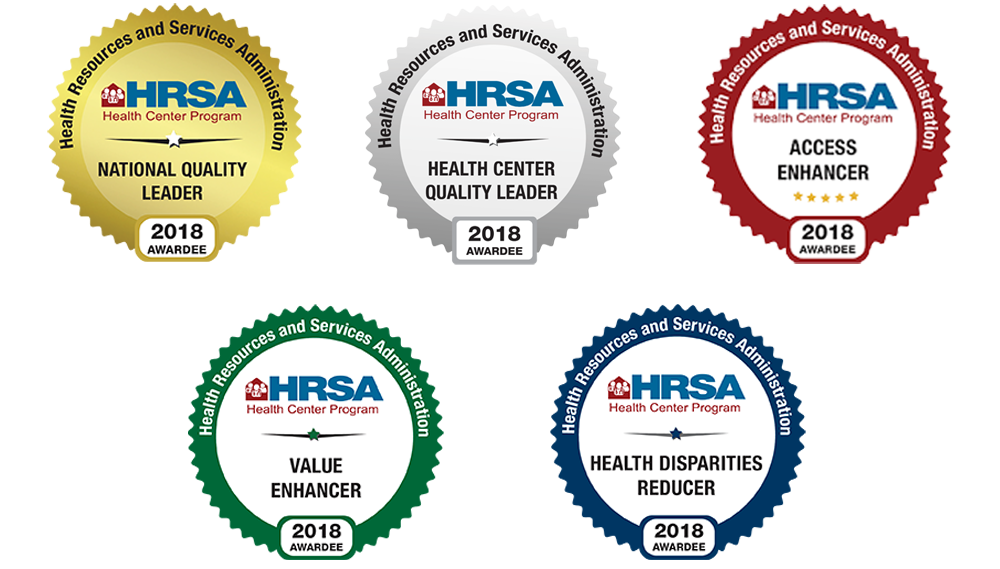Attention Deficit Hyperactive Disorder (ADHD) is a neurologically based disorder. People with ADHD have difficulty maintaining attention, act before thinking, and are hyperactive or restless. Untreated ADHD can be problematic and disrupt school or work performance, as well as social relationships. ADHD is a long term condition and can continue into adulthood. More and more frequently this disease is recognized as occurring in adults. There is no way to prevent ADHD; however, early identification and treatment are associated with the best outcomes.
It appears that ADHD results from a shortage of certain brain chemicals, including neurotransmitters such as dopamine, serotonin, and adrenaline. Neurotransmitters are brain chemicals that help nerve signals travel in the brain. Researchers suspect that ADHD may be an inherited condition that forms in early brain development. It can affect both boys and girls. Children with ADHD often begin to have symptoms before the age of seven.
People with ADHD have difficulty maintaining attention, demonstrate impulsive behavior (acting before thinking), and exhibit hyperactivity or restlessness. Because the brain does not produce enough of certain neurotransmitters, people with ADHD try to stimulate themselves to produce the chemical with excess physical activity or by changing their focus frequently. They may be restless and unable to “sit still.” In a classroom, children may have difficulty staying in their seat or may respond to questions before the teacher has finished a sentence. People with ADHD have difficulty paying attention, maintaining their focus on a task, and are easily distractible. They may move from one task to the next without completing any of them. Children with ADHD may be labeled as defiant or unruly, when actually they are not. It can become problematic when it causes children to fall behind on their schoolwork.
ADHD is a long-term chronic condition that can continue into adulthood. Untreated ADHD may interfere with an adult’s work performance. They may miss deadlines, forget things, have difficulty following directions, and have difficulty staying engaged during meetings. Adults with ADHD may not complete tasks at home and be very disorganized. They may have a low frustration tolerance, poor social skills, and impulsive behaviors, such as an unpredictable temper, that cause conflict in relationships and with the law.
A child or an adult should be evaluated for ADHD if it is suspected. A psychiatrist can begin to diagnose ADHD using questionnaires, psychological testing, developmental examinations, behavioral observation, and physical examinations. Questionnaires completed by the parents, teachers, or the individual are helpful. The psychiatrist uses the results of the assessments to determine if an individual meets the specific diagnostic criteria for ADHD. A psychiatrist can also diagnose conditions that may accompany ADHD, such as depression, substance abuse, anxiety disorder, bipolar disorder, and opposition defiant disorder.
Prescription medications can help relieve the symptoms of ADHD in children and adults. In some cases, more than one medication trial may be necessary before the most appropriate medication or combination of medication is found. Psychological and behavioral therapy can be helpful to learn coping strategies and social skills. For most people, treatment is effective for ADHD, and people that are treated can lead full productive lives.



